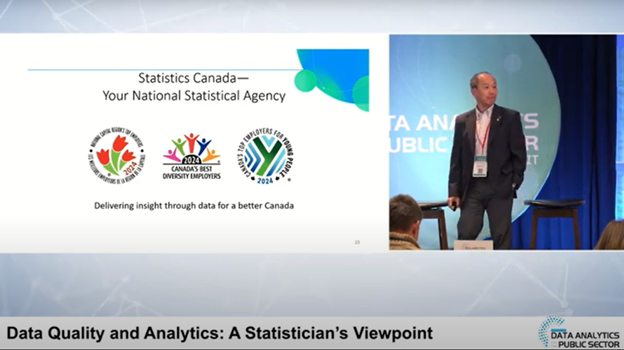In the complex world of social services, data can be a powerful tool—or a frustrating barrier. The Calgary Homeless Foundation has cracked the code on transforming data from a compliance checkbox to a strategic asset. Here are four key strategies that can revolutionize how organizations approach data sharing and impact.
- Design Flexible Data Channels
Traditional data approaches demand that users adapt to complex systems. The game-changing approach? Design data channels that adapt to your users’ capabilities. Key Insight: Not everyone is a data expert. Create multiple access points that match different literacy levels. Whether it’s a simple dashboard or a detailed report, ensure your data is accessible to frontline workers, managers, and leadership alike.
- Implement Robust Data Governance
Data governance isn’t about control—it’s about creating a trustworthy, transparent ecosystem. Critical Components:
- Clear data lineage
- Transparent access rights
- Privacy protections baked into the system
- Accessible data definitions for all users
Pro Tip: Show users exactly how their data is used. When people understand the impact, they become invested in data quality.
- Align Business Concepts Across Teams
The most overlooked aspect of data sharing? Ensuring everyone speaks the same language. Real-World Example: In homeless services, something as simple as defining “case management” can vary wildly between organizations. By bringing teams together to establish shared definitions, you create a common understanding that transforms data from numbers to meaningful insights.
- Create a Value-Driven Data Culture
Stop treating data as a compliance requirement. Make it a tool that directly improves work. Transformation Strategies:
- Show how data helps solve daily challenges
- Highlight real-world impact of data collection
- Celebrate insights generated from frontline information
- Create feedback loops that demonstrate data’s value
The Unexpected Benefit: When you empower users and show them how data makes their work easier, they become active participants in your data ecosystem.
Bonus Insight: This approach isn’t just about better reporting. It’s about creating a learning organization that can rapidly adapt and respond to complex social challenges.
Conclusion: Data democratization isn’t a technical challenge—it’s a cultural transformation. By focusing on flexibility, governance, shared understanding, and user value, organizations can turn data from a burden into a strategic superpower.
Ready to revolutionize your data approach? Start by asking your team: How can we make our data work for people, not just about people?
This blog post is based on the 2024 DAPS Summit session featuring Sam Elliot of The Calgary Homeless Foundation.






